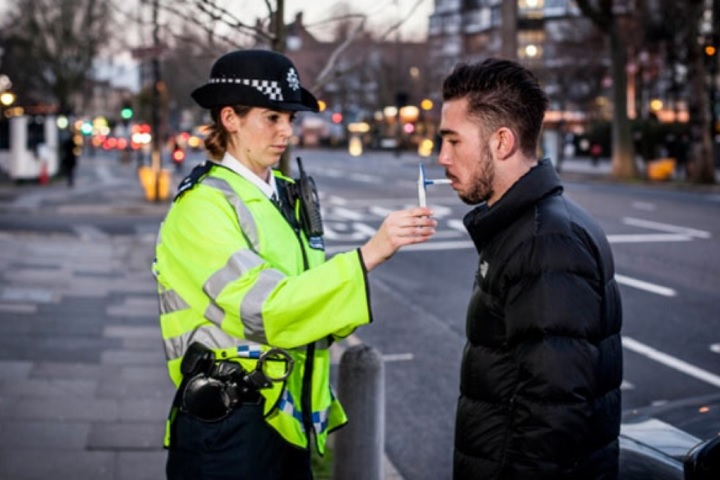
Drug-drivers could be required to undertake rehabilitation courses before being allowed back behind the wheel, under new plans unveiled by the Government.
Currently, those convicted of drug-driving are handed a driving ban, prison sentence or fine by the courts, but aren’t required to complete rehabilitation courses before resuming driving – unlike drink-drivers.
In a call for evidence, the Government is asking whether drug-drivers should likewise have to undergo rehabilitation.
The call for evidence also seeks views on the relationship between medicinal cannabis and road safety, in another move to ensure road safety policy keeps up to date with changing societal norms.
The aim is to make drug-driving ‘as much of a social taboo’ as drink-driving.
According to the Government, drink-drive related deaths and injuries ‘are now very rare on UK roads’, with deaths having fallen 88% between 1979 and 2015.
However, there has been an increase in drug-related driving offences, with over 12,000 convicted in 2019. Some 44% of those were committed by reoffenders.
In 2020, 713 people were seriously injured in drug-driving collisions, up from 499 in 2016, and some police forces are arresting more drug drivers than drink-drivers.
Meanwhile, statistics also show non-attendees to drink-driving rehabilitation courses are over twice as likely to commit a new drink-driving offence within three years.
By offering high-risk drug-driving offenders the same support, the Government hopes to bring down the number of repeat offenders.
Grant Shapps, transport secretary, said: “Drink-driving is now rightly seen as a social taboo by most of us in this country and we have worked hard to drive down drink-drive related deaths.
“But, if we are to make our roads safer still, there is no room to be lax on drug-driving, which is why I have launched this call for evidence today.
“It’s only right that drug-drivers must undergo rehabilitation before getting back behind the wheel, helping protect the public from this hidden problem and stamping out drug-driving for good.”
This is the first of several steps the Government is taking this year to reduce the problem of drink and drug driving.
Later this year, the Government will seek views on other drink and drug driving matters, such as failing to stop after a collision and the criminal use of vehicles.
Whilst i wholeheartedly agree with this, sadly this seems to be just addressing the tip of the iceberg. It’s all very well bringing in the penalties for drink /drug driving along with the use of mobile phones whist driving but until we have enough police to enforce and apply the law many will still play the “averages” game ie do I have a better chance of not being caught than being caught !
David Read, Southampton
0